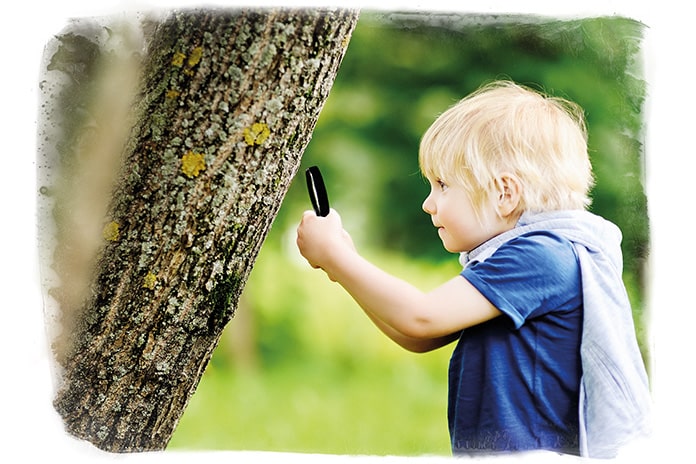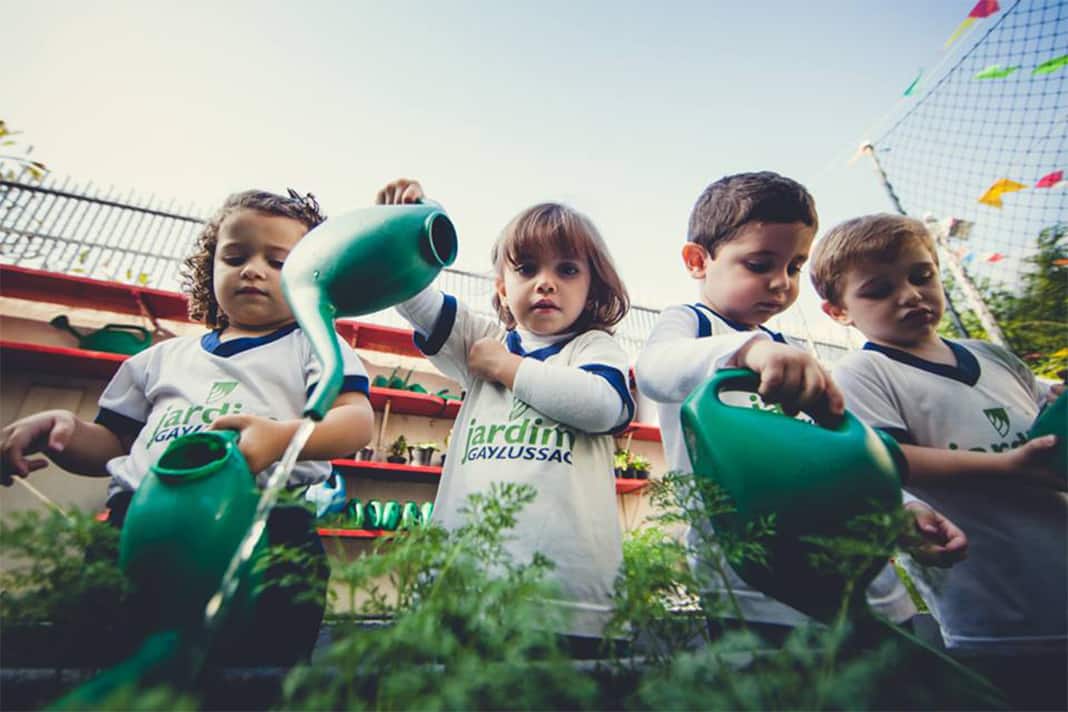If we want youngsters to develop into independent thinkers, parents have to learn how to let go and allow their children to explore the great outdoors, argues Robin Davies
Few parents would disagree that encouraging children to go outdoors and experience nature at close quarters is beneficial. Instinctively, most appreciate that a child that is playing in the garden, mucking around in the local park or building dens is doing what children should be doing and learning from their environment. Various studies have shown that outdoor learning can lessen anxiety, reduce attention deficit disorder, enhance creativity, increase memory and generally support wellbeing.
However, this consensus has to contend with an equally powerful parental instinct – the overwhelming desire to be protective. From those early days, when a toddler first crawls off the picnic blanket onto the grass, a parent’s instinct is to haul their baby back. Yes, that grass may look fun and inviting, but who knows what children will put in their mouths or what nasty stuff lurks out of sight and too easily within reach? Even when parents have learned to relax a bit and let them ramble off-blanket, we still worry our children will go too far or get too dirty.
Parental concern is natural – and, of course, children should be taught how to handle the environment safely and responsibly. But excessive protection can be extremely damaging. The human brain was designed to explore. If we wish children to interact with their surroundings and learn from the outdoors we have to curb our anxieties and release the leash. Children should be allowed to fall down and pick themselves up.
Unfortunately, I suspect the situation has deteriorated since we were children. The ubiquity of online distractions has made the outdoors less appealing. In a recent survey, three-quarters of parents said their children would prefer to play sports online rather than in real life. And, as we tend to lead busier lives than our parents did, it’s tempting to let technology take the strain.

Tempting, but mistaken. The sedentary, virtual lives too many of our children lead cannot be physically or intellectually healthy. Arguably, they need to learn to interact with the great outdoors more than ever. This is not just a question of packing youngsters off on a residential outward bounds course a couple of times a year, but allowing them to experience a multiplicity of environments – the street and park as much as the field and forest – as often as is practicable.
Much of this has to be done by the school, because, to be really effective, outdoor learning has to complement and chime with the curriculum. But parents can start by not being too directive and allowing children to discover things for themselves. So instead of saying to really young children, “We’re going there and we’ll do this and see so and so…”, say, “We’re going on a journey, but we won’t know what we’ll see or who we’ll meet…”. All the latest research suggests feedback and open-ended questions help develop critical
thinking abilities.
On a walk, point out things, ask children who they think put that building there or how tall they think that tree will grow. It sounds basic enough – and it is. But it is amazing how inventive even the youngest child can be with their environment given the opportunity. For instance, in the past I’ve asked groups of three- or four-year-olds to build a house for a mouse, which they tend to find easy. Then I ask them to build one for a worm. After a few puzzled looks they argue and persuade and work out that a house for a worm needs water because it’s slimy. A simple outdoors task has taught them to use deductive reasoning, ingenuity, teamwork and the art of negotiation.
Children today lead incredibly structured lives – they get up, go to school, learn a pretty demanding curriculum, get packed off to an after-school club, go home, do homework, go to bed and start all over again the next day. One of the most valuable things parents can do is to deliver them occasionally from that rigid timetabling. Let them create and develop critical thinking, let them explore and discover the outdoors on their own. If we want to nurture a generation of creative, confident self-thinkers, parents need to let children explore the environment around them – because otherwise that grass at the edge of the blanket will never seem safe.
Robin Davies
Assistant Director of Education,
Cognita Group of schools






COMMENTS ARE OFF THIS POST